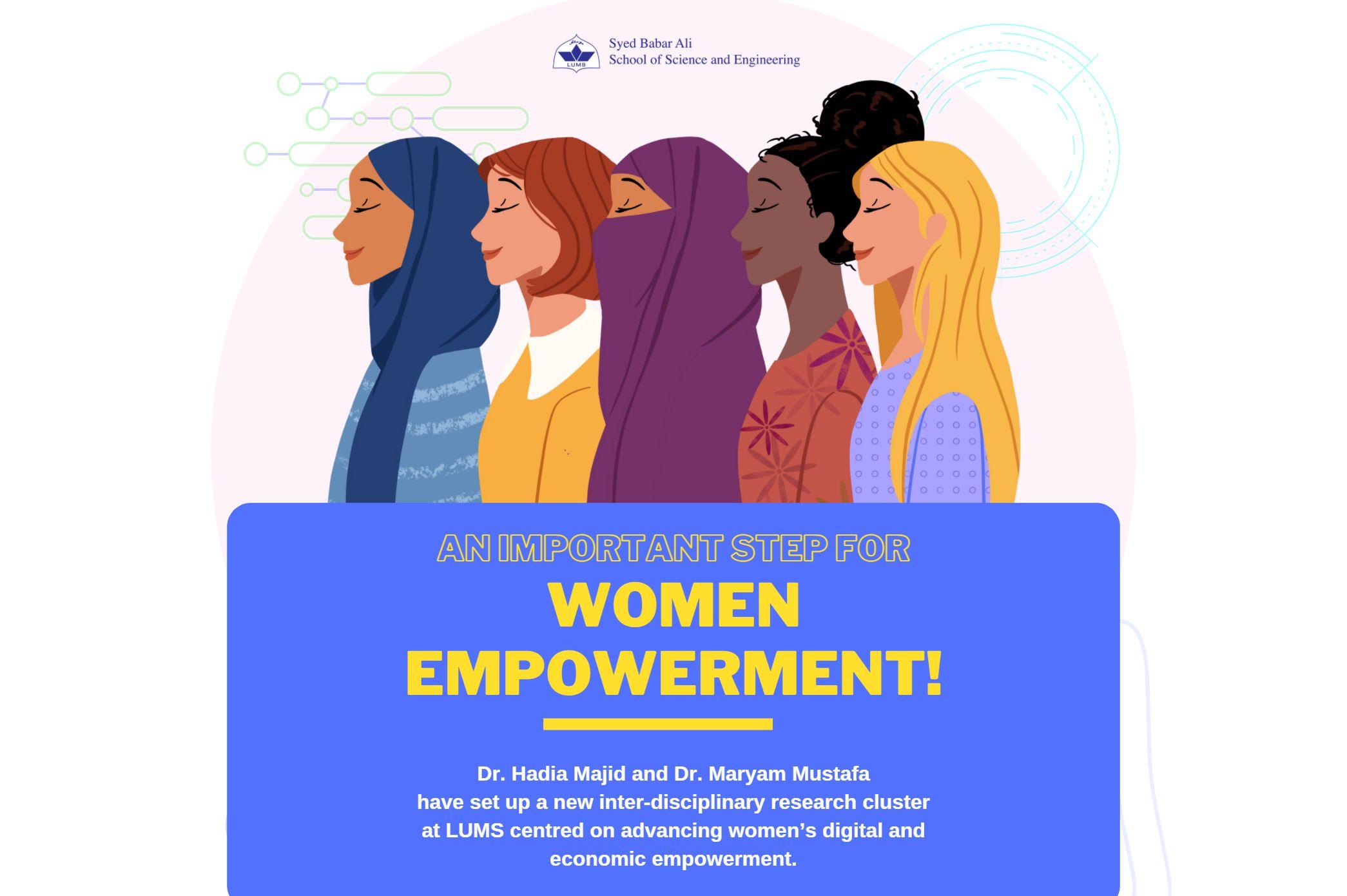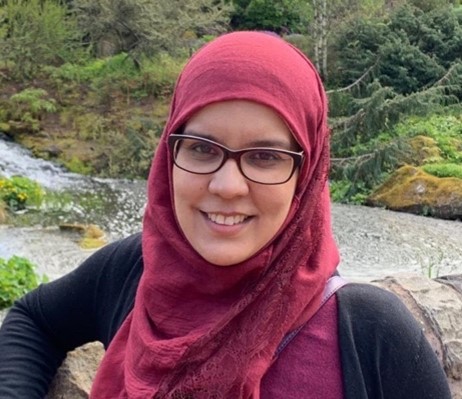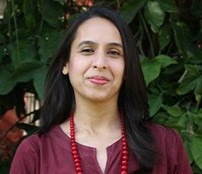
An Important Step in Women Empowerment
LUMS provides an unmatched environment to produce interdisciplinary collaboration and cross pollination of ideas across its many different schools and faculty members. One such flourishing collaborations is The Gender and Technology Research Cluster at LUMS, which under the direction of Drs. Hadia Majid and Maryam Mustafa is centered on advancing women’s economic empowerment. A key area of research and intervention is furthering women’s access to labour markets and their access to and use of digital technology. Funded by several grants, the Cluster’s work has largely been focused on low-literate, low-income women workers. The objective is to create networks for support, economic and social empowerment, training, and employment opportunities for women workers.

The onset of Covid-19 has highlighted the gaps and inequalities in women’s access to digital technologies, while their economic vulnerabilities, in particular, have been further exacerbated. Funded by Oxfam, this project looks at how domestic and home-based workers in Lahore and Kasur navigate home and workplaces. The team conduct detailed qualitative interviews with women workers themselves as well as workers at women and digital rights organizations. Through this, they unpacked women’s experiences of harassment and marginalization, their access to safe spaces and to technologies with a specific focus on the usage of mobile phones. The narratives also pinpoint incidents specific to hostile work environments, harassment, and difficulty of using technology at home as well as the constraints faced by organizations looking to improve their lives.

The team was able to draw on the rich discussion achieved during a workshop with several partner women’s rights organizations to set forth a detailed list of policy recommendations. These are ultimately aimed at helping domestic workers (DWs) and home-based workers (HBWs) increase their digital literacy with the end goal of them attaining economic empowerment while navigating through a patriarchal society. Dr. Hadia and Dr. Maryam worked to craft recommendations in order to help women expand their work digitally. Some of those recommendations are shared below:
I. Access to Mobile Phones/Technology
a. Cheaper data packages need to be made available so women with low incomes can make use of mobile phones for work purposes. These data packages should be made available exclusively for sims owned by women.
b. We need to build and leverage family support. Based on the existence of three different types of households, namely supportive, abusive and mediocre, different techniques need to be devised in order to cater to everyone’s needs.
c. We need to learn the kind of households they are and create pathways that can cater to their specific needs.
d. There is a need to deconstruct false information around technology. It is important to inform both men and women about the multiple uses of mobile phones to break the negative connotations around their usage.
e. There is a need to enlist support. Men need to be made aware of the importance of women using technology. Workshops with influential families of different communities can be organized to discuss the importance of women’s work in improving family income and the use of technology in helping them expand their work base. Ensuring the involvement of men is essential in improving women’s access to technology because men often act as gatekeepers.
II. Access to financial information
a. Setting up chambers of commerce that serve as facilitation centers where groups of women help home-based workers to manage their finances better. Similar chambers need to be set up on a wider scale.
b. Women also need access to information regarding organizations and/or institutions where they can acquire interest-free loans with easy return policies.
c. Organizing programs that upskill women. Women need specific taught skills regarding how to use money once they receive it. Many women do not know how to read and write enough to make budgets.
III. Gender specific Methods of Transaction
a. Alternate solutions to banking need to be devised. Women have the skill and knowledge on how to manage transactions due to their involvement in unofficial committees. But since there is no record of this, they are not able to show any credit to banks if they want to formalize their transactions through a bank.
b. Financial organizations with the help of the government need to adapt the gender lens when developing products and services that can facilitate women so we can close the gap in the financial service sector.
c. Women need safer channels to access money from their homes. Home-based workers face restrictions which makes it difficult for them to walk to shops for making easy paisa and jazz cash transactions. There are a handful of shops in small communities. In such settings, women do not have privacy. If they receive money regularly, the shop keepers will likely keep track of the money they receive and spread detrimental information regarding their earnings. Even if shopkeepers or service providers go door to door to complete transactions, their privacy will be at risk. Keeping this information in mind, it is necessary to devise a way for women to access money from their homes.
d. Financial services developers require gender sensitivity training so that professionals in the financial sector are actively involved in finding better methods of crediting money to women, especially home-based and domestic workers.
IV. Increased Awareness about laws and rights
a. Research findings of HomeNet Pakistan indicate a need for information packages communicating women's rights and helplines. Women who suffer from workplace harassment should have access to organizations and helplines that can register their complaints. Young women who have access to mobile phones do not know about government departments that can help them in their everyday struggles. They should have access to information regarding their employment rights, harassment helplines, and relevant government offices.
b. Cybercrime laws should be communicated. The mobile phone numbers of home-based workers are often leaked to the public leading to cases of cyber harassment.
V. Encouraging collective action and individual agency
a. Deconstructing the idea of agency and economic empowerment. Western concepts of such ideas differ from those in our local context. There are different performances of agency that need to be recognized for women to realize whether they actually have agency or not because at times even though they themselves proclaim to have zero agency; they actually do have some sort of agency. Because they only have a certain conception of agency in their mind, they disregard all other performances of the agency. It is important to have these conversations with all stakeholders within and outside the home.
b. Narrative building is very important when communicating with the government about the person you are going to help. It will really help push for inclusion in the digital space. Having partnerships is very important and an active effort needs to be made to include the government sector if anything substantial is to be achieved.
c. Unionizing gives women greater bargaining power. It is not just training that matters, but whether they have a voice. The latter is especially important when it comes to bringing change and negotiating with the subcontractor.
d. Collective action should be encouraged amongst women in their respective communities. There is a need to set up community-level women organizations that can be sustained in the long term. Women who have seen community-level involvement and action are more receptive to recommendations provided by rights organizations.
e. Policy changes require collective action to pressure the government into implementing effective policies. There is a need for the collective involvement of academia and media to build such pressure.
The cluster has already won several grants from Oxfam and IDRC. Drs. Hadia and Maryam look forward to setting up local and international collaborations with policy makers, academics and community organizations and work to make this a hub for gendered research in the region.
You can find more information on the cluster's website here.

